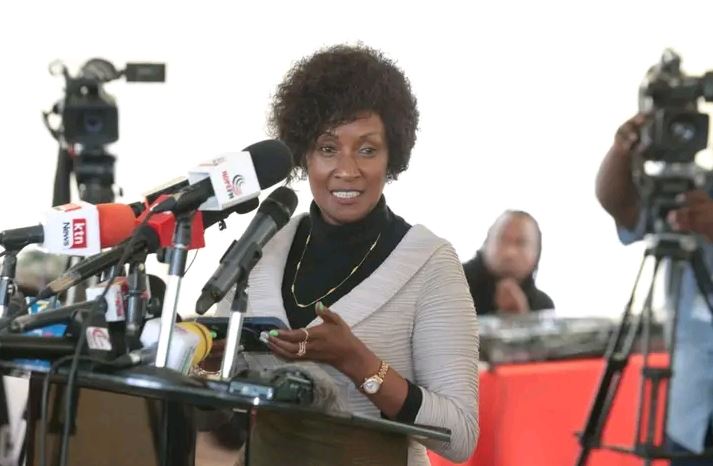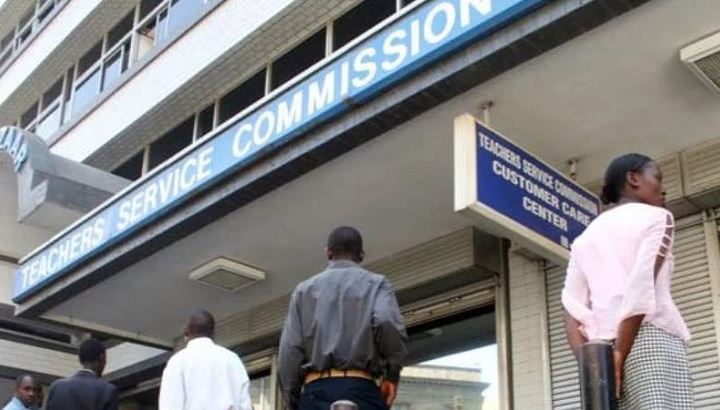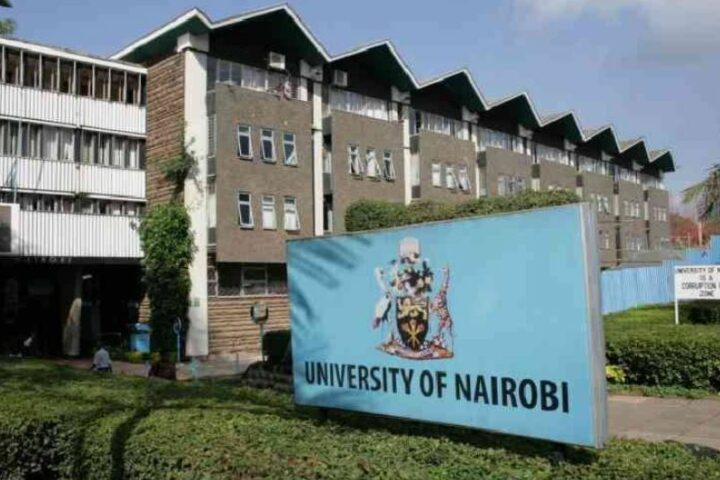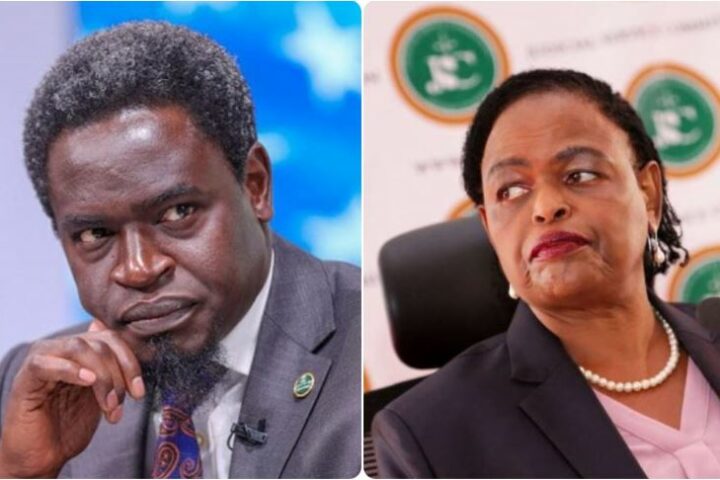
This shift in criteria marks a departure from traditional methods, sparking interest and debate within the education sector across Kenya.
This strategy is part of TSC’s effort to address 19,943 promotional vacancies for leadership roles, backed by Ksh 1 billion from the National Treasury.
Positions, such as Heads of Institutions (HOIs), need urgent filling due to anticipated teacher retirements by mid-2025. According to an insider, the process highlights the prioritization of age and service years as a practical solution to rapidly close leadership gaps in schools.
Statistics provided by TSC reveal significant leadership deficiencies in Kenyan schools: over 3,300 public institutions currently lack full-time HOIs. Specifically:
- 1,918 primary schools are without headteachers.
- 1,441 secondary schools have no principals.
These gaps, driven by retirements and the emergence of new schools, emphasize the urgent need to strengthen the pool of qualified leadership candidates. This promotion round is part of a broader plan to stabilize school administration and ensure seamless transitions when retirements occur later this year.
The Process: What Teachers Need to Know
Teachers interested in promotions had to submit their applications between December 17 and December 30, 2024, with priority given to applicants from earlier 2024 job adverts. During the current interview stage, candidates are required to present the following documents:
- Official identification and academic certificates.
- Appointment letters and TPAD (Teacher Performance Appraisal and Development) reports from the past three years.
- Formal appointment letters for any acting leadership roles.
Passing the interviews is just one step. Successful candidates must also meet Chapter 6 constitutional requirements by providing five integrity-related clearance documents, including certificates from organizations such as the Directorate of Criminal Investigations (DCI) and Kenya Revenue Authority (KRA).
This revised approach has not been without controversy. Reducing the acting period required for promotion consideration to six months has drawn criticism, with some educators expressing frustration and concerns over potential favoritism.
Although TSC has reiterated its commitment to fairness and transparency, skepticism persists, particularly among the 3,300 teachers currently serving in acting capacities as school leaders.
The stakes are undeniably high. With this promotion exercise, TSC aims to address a longstanding leadership deficit in Kenyan schools. Effective school governance hinges on strong, competent leaders, and these promotions are a step toward ensuring no school is left without proper administration.
For teachers, these promotions represent more than career advancements—they are essential roles that impact the future of education in Kenya. If you’re part of this process, meticulous preparation is key. Ensure your documentation is well-organized and meet all requirements.
This is an opportunity to make a meaningful difference while advancing your professional journey.






